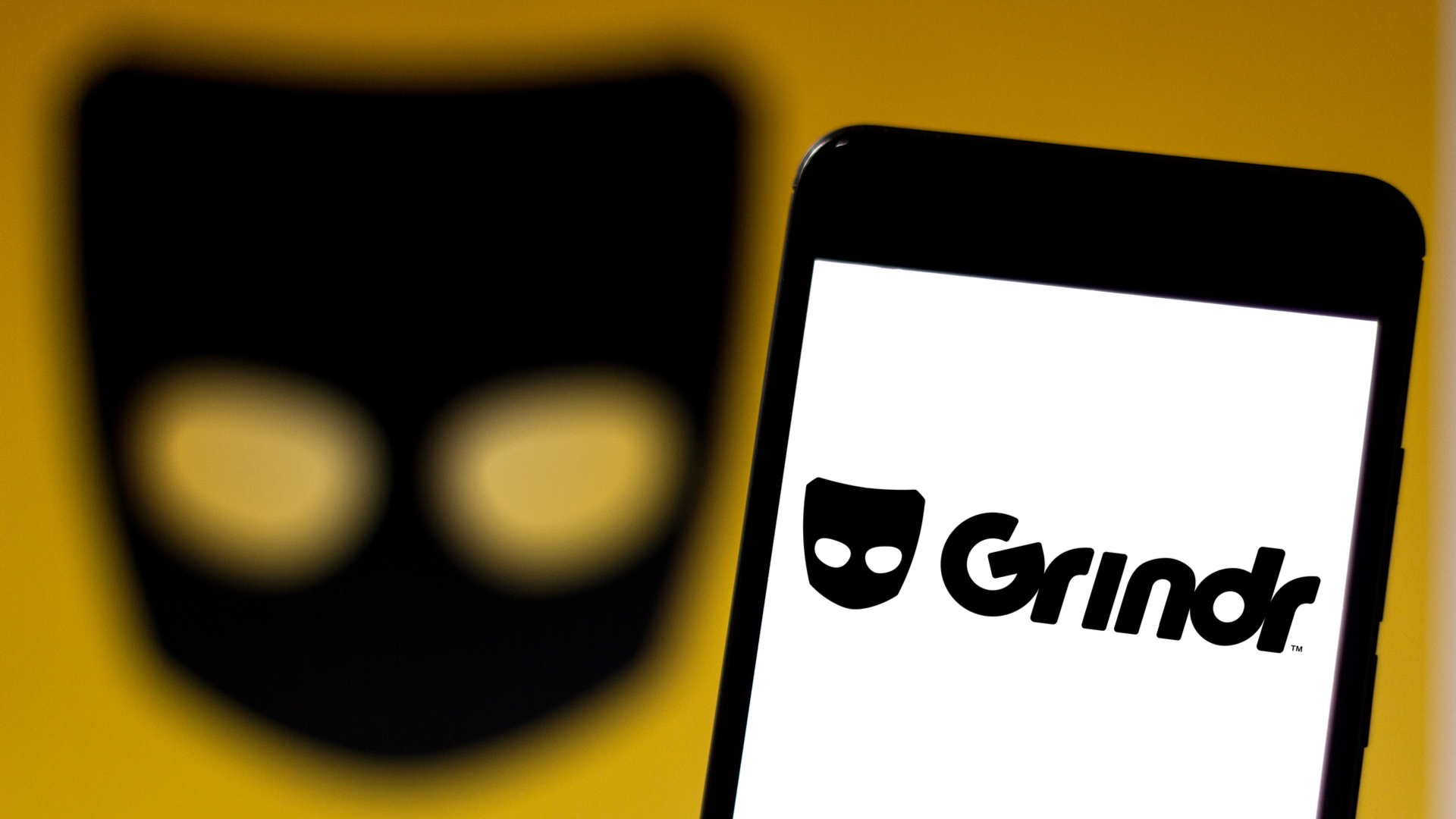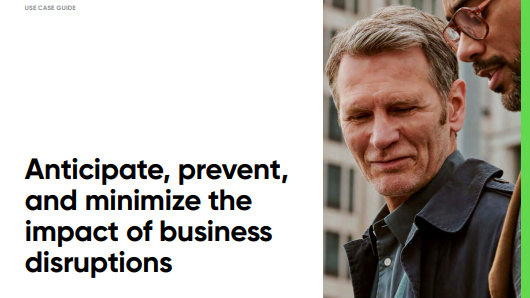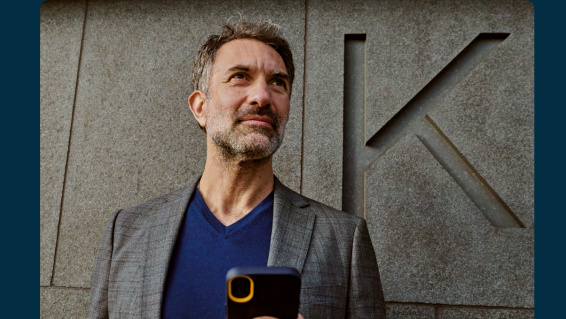Grindr given €6.5 million GDPR fine for selling special category user data without consent
The Norwegian DPA claims users' sexual orientations were exposed following the sale of data to third parties


Datatilsynet, the Norwegian Data Protection Authority (DPA), has fined location-based LGBTQ+ dating app Grindr €6.5 million (£5.4 million) for selling user data for advertising purposes without consent.
Considered the largest GDPR fine issued by the Nowegian authority to date, the penalty states Grindr unlawfully shared personal data of users with third parties for advertising and marketing purposes.
General Data Protection Regulation (GDPR) GDPR fines: How high are they, and how can you avoid them? GDPR fines: Where does the money go?
The fine was ultimately reduced from its initial sum of 100,000,000 NOK (£8.2 million) as a result of Grindr's co-operation with the Norwegian DPA and quick fixes to remediate its consent management platform.
Describing Grindr's infringements as "grave", the authority said that user GPS locations, IP addresses, advertising IDs, ages, and genders were included in the data shared with third parties. It also concluded that the fact users had been identified as Grindr account holders meant that sexual orienation data had been shared, which is considered a special category under GDPR and requires additional justification for processing.
"We consider that data revealing the fact that someone is a Grindr user strongly indicates that they belong to a sexual minority," said the Norwegian DPA. "Data concerning a person’s sexual orientation constitutes special category data that merit particular protection under the GDPR. As the consents Grindr collected were not valid, Grindr could not lawfully share such data.
"While it not defined as special categories of personal data in itself, location data is sensitive and personal. The fact that Grindr has also shared this data unlawfully adds to the severity of the case."
The DPA also said Grindr users were forced into accepting the app's privacy policy in order to access its full set of features and were not asked specifically if they consented to their data being shared with third parties for behavioural advertisement.
Get the ITPro daily newsletter
Sign up today and you will receive a free copy of our Future Focus 2025 report - the leading guidance on AI, cybersecurity and other IT challenges as per 700+ senior executives
The fine is the largest ever issued by the Norwegian DPA, which said further orders may be issued to Grindr. The Norwegian Consumer Council, which originally filed the complaint against the company, has already claimed the dating app infringed additional provisions of GDPR and has asked the DPA to order Grindr to erase the illegally processed data.
RELATED RESOURCE

Protecting every edge to make hackers’ jobs harder, not yours
How to support and secure hybrid architectures
Grindr has a three-week window in which it can launch an appeal to the fine, which may be extended depending on circumstances, the DPA said.
"We strongly disagree with Datatilsynet’s reasoning, which concerns historical consent practices from years ago, not our current consent practices or Privacy Policy," said Shane Wiley, chief privacy officer at Grindr, to IT Pro.
"Even though Datatilsynet has lowered the fine compared to their earlier letter, Datatilsynet relies on a series of flawed findings, introduces many untested legal perspectives, and the proposed fine is therefore still entirely out of proportion with those flawed findings.
"We’ve just received a copy of the letter from Datatilsynet and are analysing the document. The Company is considering its options including the right to appeal the findings to the Personvernnemnda (PVN - Appeal Board)," he added.

Connor Jones has been at the forefront of global cyber security news coverage for the past few years, breaking developments on major stories such as LockBit’s ransomware attack on Royal Mail International, and many others. He has also made sporadic appearances on the ITPro Podcast discussing topics from home desk setups all the way to hacking systems using prosthetic limbs. He has a master’s degree in Magazine Journalism from the University of Sheffield, and has previously written for the likes of Red Bull Esports and UNILAD tech during his career that started in 2015.
-
 Should AI PCs be part of your next hardware refresh?
Should AI PCs be part of your next hardware refresh?AI PCs are fast becoming a business staple and a surefire way to future-proof your business
By Bobby Hellard Published
-
 Westcon-Comstor and Vectra AI launch brace of new channel initiatives
Westcon-Comstor and Vectra AI launch brace of new channel initiativesNews Westcon-Comstor and Vectra AI have announced the launch of two new channel growth initiatives focused on the managed security service provider (MSSP) space and AWS Marketplace.
By Daniel Todd Published
-
 PowerEdge - Cyber resilient infrastructure for a Zero Trust world
PowerEdge - Cyber resilient infrastructure for a Zero Trust worldWhitepaper Combat threats with an in-depth security stance focused on data security
By ITPro Published
-
 Anticipate, prevent, and minimize the impact of business disruptions
Anticipate, prevent, and minimize the impact of business disruptionsWhitepaper Nine best practices for building operational resilience
By ITPro Published
-
 Three steps to transforming security operations
Three steps to transforming security operationsWhitepaper How to be more agile, effective, collaborative, and scalable
By ITPro Published
-
 Top ten ways to anticipate, eliminate, and defeat cyber threats like a boss
Top ten ways to anticipate, eliminate, and defeat cyber threats like a bossWhitepaper Improve your cyber resilience and vulnerability management while speeding up response times
By ITPro Published
-
 The complete SaaS backup buyer's guide
The complete SaaS backup buyer's guideWhitepaper Informing you about the realities of SaaS data protection and why an SaaS back up is essential
By ITPro Published
-
 The 'cyber aSaaSin' manual
The 'cyber aSaaSin' manualWhitepaper Providing valuable insights to identify SaaS data enemies and win the battle against SaaS data threats
By ITPro Published
-
 Best practices for Microsoft 365 business continuity
Best practices for Microsoft 365 business continuityWhitepaper Discover how to mitigate the effects of large-scale, high-cost data loss disasters
By ITPro Published
-
 How to answer a tricky subject access request (SAR)
How to answer a tricky subject access request (SAR)Tutorials How do you prove a customer is who they say they are, and how much information should you provide?
By Olivia Whitcroft Published